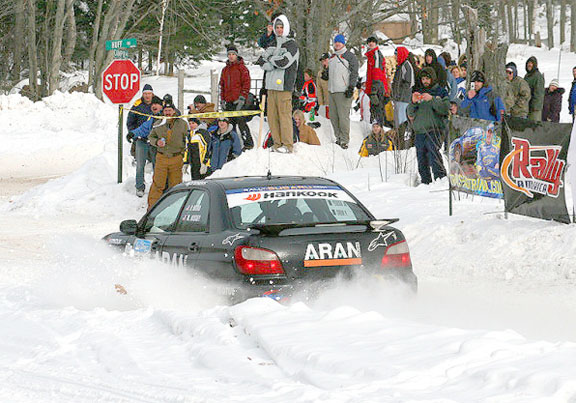I’ve long known that *roadkill* has political and structural implications that are just ignored and denied in our fetishistically car (and commodity) biased society. (And I’ve posted about it, too, at OYB.) Here’s a link to a paper that finally really spells it out.
***
Some quotes from the paper:
“Roadkill candy and other similar products certainly demonstrate commercial culture’s ability to wring opportunities for profit from the most abject circum-stances.”
“in the advanced capitalist world, the commodity form has come to overwrite habitual ways of seeing and relating to animals, draining their embodied experiences of moral or emotional significance.”
“Although animal exploitation is a precondition of many consumer items today, roadkill novelties like these represent a second-order form of exploitation in which the animal’s expired body is offered up for consumption not simply as food or clothing, but as an image of its own ritualized abasement.”
“Although vast in its scale and implications, roadkill is still a largely overlooked problem that has not been seriously taken up by major animal-rights, environmental or anti-car organizations. In the absence of any coherent moral or political discourse addressing the problem, commodity culture itself has effectively been delegated the task of reckoning with the meaning of the carnage on the streets, the unmourned collateral damage of the automobile and the type of economic and technological progress it powerfully symbolizes.”
“automobile transportation offers an excellent example of how the accelerated production and consumption of a single commodity, together with the creation of a huge social and material infrastructure to support its use, gives rise to a “second nature” that acts back on humans and other animals alike with increasing hostility and violence.”
“the largely urban-based animal movement’s failure to address automobile hegemony is symptomatic of its tendency to frame animal oppression as a discrete moral issue disconnected from the wider social and ecological context …. This movement has tended to eschew structural and institutional critique, typically regarding “individual attitudes and moral deficiencies as underlying the problem of animal oppression” (2002: 10). However institutionally embedded they may be, acts such as debeaking caged chickens or torturing lab animals are regarded as deliberate behaviours amenable to moral judgment. In contrast, animal deaths related to car-use are more readily seen as random, unintentional and hence beyond moral scrutiny.”
“free-roaming animals killed in accidents are often seen as mercifully outside the capitalist commodity economy,”
https://pi.library.yorku.ca/ojs/index.php/topia/article/view/13253



